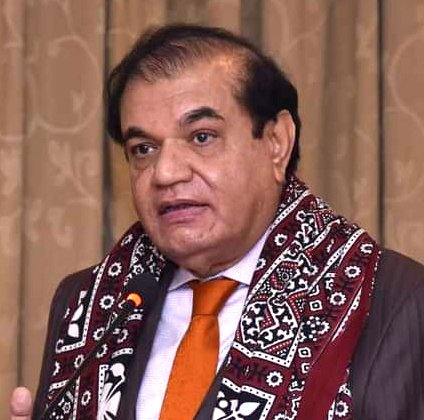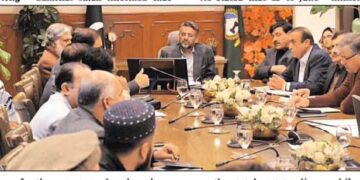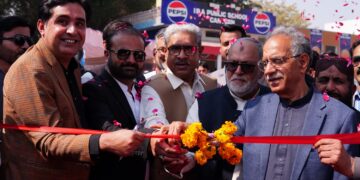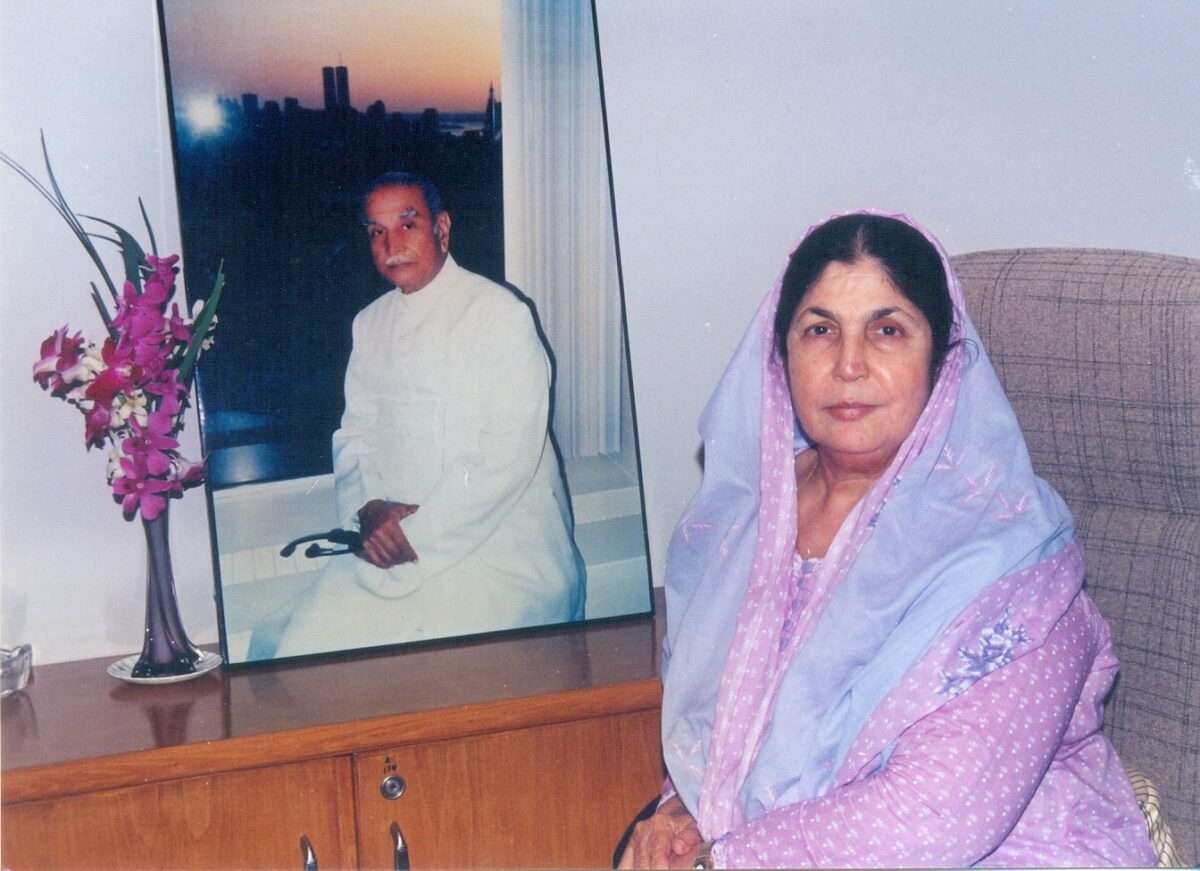(June-28-2023) Chairman of National Business Group Pakistan, President Pakistan Businessmen and Intellectuals Forum, and All Karachi Industrial Alliance, and former provincial minister Mian Zahid Hussain said on Wednesday said using short-cut loans to solve serious economic problems by ignoring reforms tantamount to economic suicide.
No country in the world can run on continuous borrowing and Pakistan will have to pay Rs7300 billion as the interest of loans in the new financial year, he said.
Mian Zahid Hussain said that a one percent hike in the interest rates will increase debt to Rs7700 billion.
Talking to the business community, the veteran business leader said that local investors will be unable to do business with 22 percent interest rates and hoping for foreign investment in such a situation is a delusion.
The business leader said that FBR has collected taxes of 7,000 billion rupees against the target of 7,600 billion, in the current fiscal year, while in the new fiscal year, taxes of 9415 billion rupees have been collected.
Tax collection target has been jacked up, but there is no plan to bring the tax-evading sections into the tax net, which will make collection very difficult for authorities.
He said that the country’s problems are not solved by tall claims but by practical measures and drastic reforms, which require strengthening the hands of the government.
Mian Zahid Hussain said that Pakistan has always been suffering from difficulties due to higher expenditure than income, the solution of which lies in improving the balance of payments, reducing the debt burden and balancing the tax system.
Until the issues facing the economy are resolved, the rate of growth will be weak, savings and investment will remain low, deficit will remain high, and the people will never be freed from inflation, unemployment, and instability.
Economic and political stability is essential to increase the rate of investment in the country, he said, adding that the investment has been greatly affected by the judicial tussle, uncertainty and day-to-day changes in important policies in the country.
Continuity of policies to make the investment climate conducive and equal opportunities for all should be provided. Such economic reforms are necessary for the development of the country, which are tough in the short term but sustainable and profitable in the long term, he observed.
Due to the economic crisis, many countries have gone bankrupt, but the countries that took tough decisions have come out of these crises stronger than before, he remarked.


















